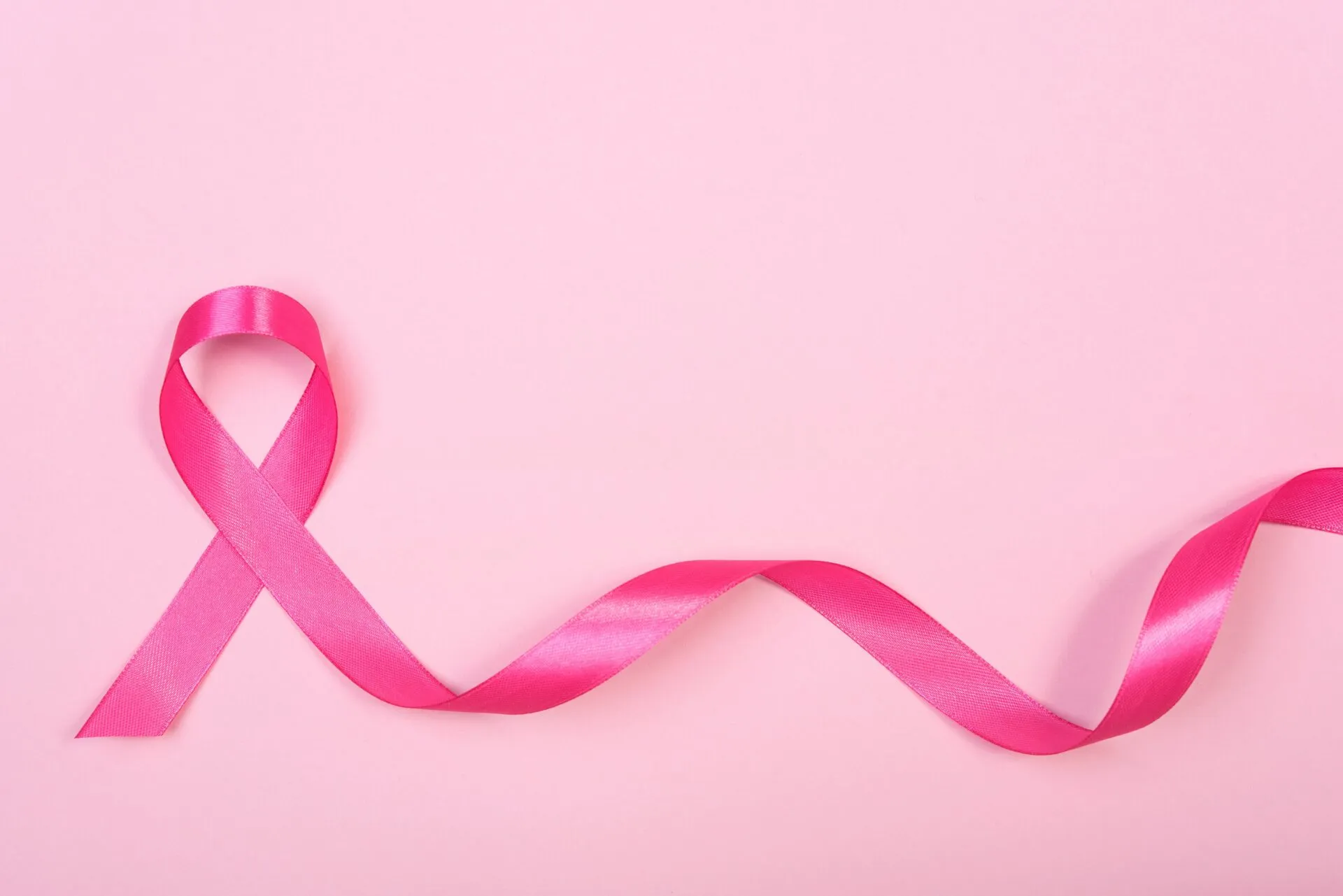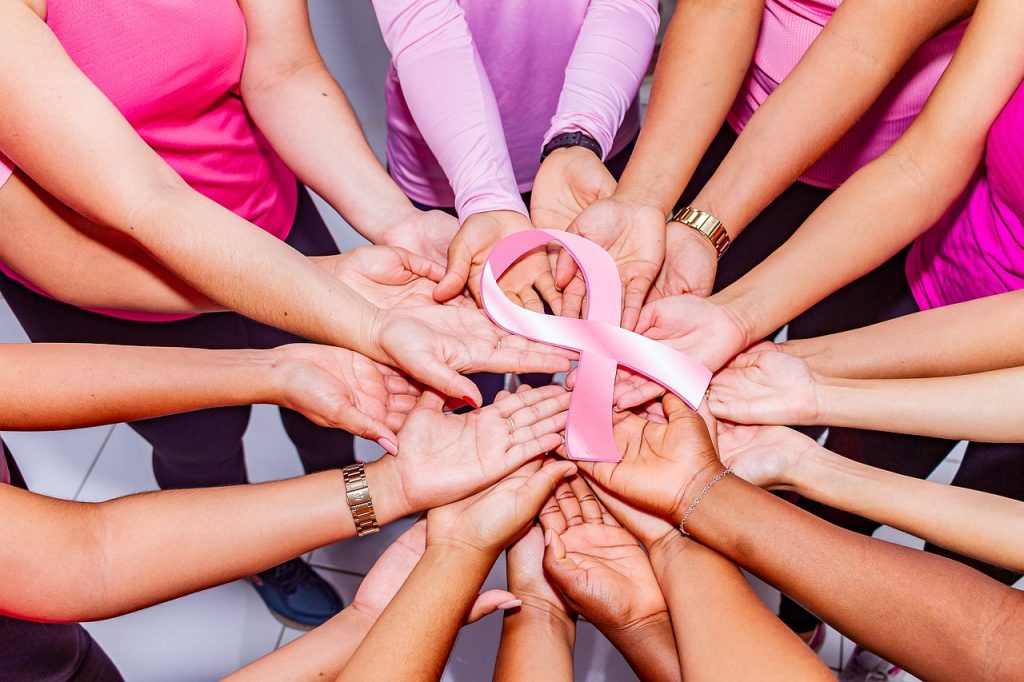Breast Cancer Awareness Month serves as a reminder that breast health is important all year round. According to the American Cancer Society, 1 in 8 women will be diagnosed with invasive breast cancer in their lifetime. Breast cancer is the second leading cause of cancer-related deaths in women in the U.S., with 42,000 deaths annually.
However, early detection through screening significantly increases the chances of survival, with the five-year survival rate for early-stage breast cancer being as high as 99%. This underscores the importance of regular screening, even for younger women, as breast cancer diagnoses are rising in this demographic.
To start screening, most women should begin mammograms at age 40, with the U.S. Preventive Services Task Force recommending mammograms every two years until age 74. This updated guideline reflects the increasing rates of cancer in younger women.
Previously, the recommendation was to begin mammograms at age 50, but studies showing higher incidences of breast cancer among younger women prompted this change. For women aged 75 and older, the task force suggests that the decision to continue mammograms should be based on individual health circumstances and discussions with healthcare providers.

Screening is different from diagnosis. Mammograms are used for early detection in individuals without symptoms, but if a mammogram returns a positive result, additional diagnostic tests such as breast MRIs or ultrasounds may be needed, especially for women at higher risk.
Women with dense breast tissue may also be advised to have extra screening, though there is some debate over whether younger women with dense tissue should have additional tests. Experts recommend discussing individual risk factors and testing options with a physician.
Women at higher risk due to family history or previous cancer diagnoses should start screening earlier than age 40. Those with a first-degree relative who has had breast cancer or women who have undergone radiation therapy to the chest for other cancers are considered higher risk and should consult with their healthcare providers to determine when and how frequently they should be screened. Early and frequent screenings may be necessary for these women to catch cancer before it progresses.
While the American Cancer Society no longer recommends routine self-exams, women should still be aware of how their breasts feel and look. Any unusual changes, such as a new lump, nipple discharge, or skin changes, should prompt a visit to the doctor. Being familiar with one’s breasts can help in identifying potential issues that might otherwise go unnoticed. Even though many lumps are non-cancerous, they should always be checked out by a healthcare professional.
Lifestyle changes can help reduce the risk of breast cancer, even though some risk factors like family history cannot be altered. Quitting smoking, reducing alcohol intake, staying physically active, and eating a healthy diet are important steps to lower the overall risk. While breast cancer is more common in women, men can also be diagnosed with it, although less frequently.
Men with a family history of breast cancer should also discuss screening with their physician and be vigilant about any breast changes, as early detection applies to them too. Transgender men and nonbinary people assigned female at birth should also follow the same screening guidelines.
